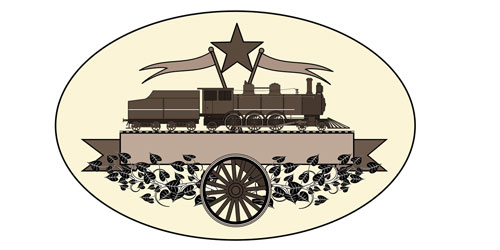.jpg)
《论语诠解英文版》——Chapter I "学而"(Xue'er)
The title of this chapter consists of two characters, "学而" (xue'er), which were selected from the first line of the chapter: "学而时习之,不亦说乎?” This strategy of using one or two characters from the first lines of an essay or a book as the title for the work is typical of classical writings in ancient China. The following chapters in the Analects all employ this style.












